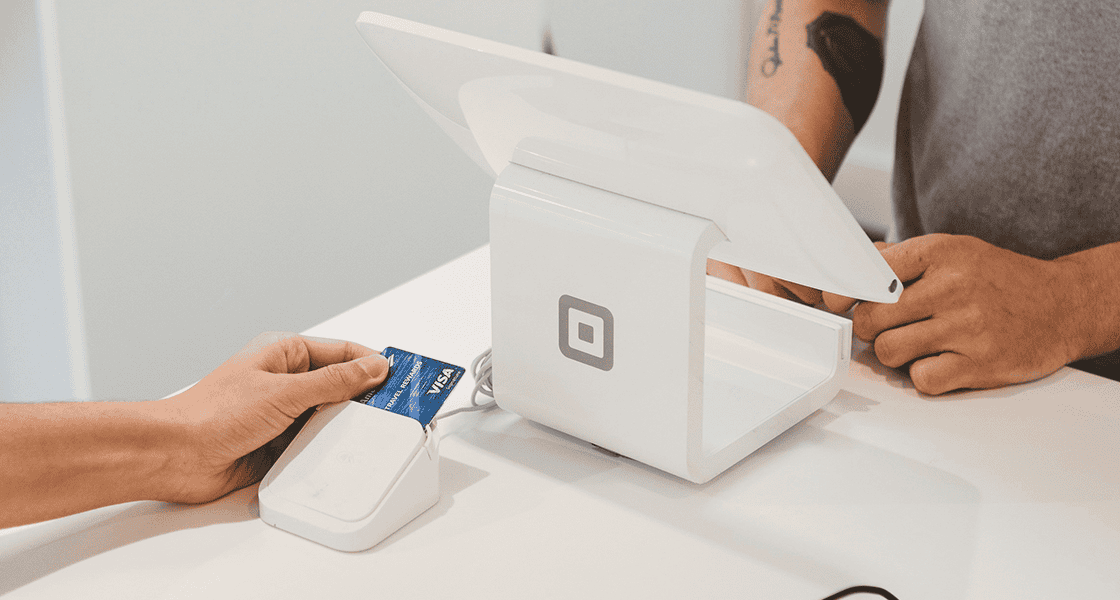Retail & Distribution
Cegid Named a Representative Vendor in Gartner’s 2018 Market Guide for Digital-Business-Ready POS Applications for Tier 2 Midsize Multichannel Retailers
15 July 2019

The importance of Digital-Business-Ready POS Applications for Tier 2 Retailers
In Gartner’s May 2018 Market Guide for Digital-Business-Ready POS Applications for Tier 2 Midsized Multichannel Retailers, Gartner names Cegid as a Representative Vendor among POS applications that are digital-business ready and, “that conduct business in any geography, that operate brick-and-mortar stores as one of many operating channels, and that generate annual retail revenue of $500 million to $2.99 billion.”
The report, compiled by Gartner Senior Director Analyst Joanne Joliet and Managing Vice President Miriam Burt, notes that, “[v]endors in this market, (regardless of size) are more likely to sell POS applications that include, for example:
- Some functionality for store inventory management, customer relationship management (CRM), clienteling and labor scheduling
- Native integrations to ecommerce, and in some cases, to social media
- Improved integration with, if not being built on top of, order management (OM)
- A service-oriented architecture (SOA)-based componentized and modular application
- Architecture with “cloud first” and “mobile first” design
- Data/analytics and dashboard capabilities
- Presence and implementations in fewer countries/geographical regions than the larger vendors, as there is more room for growth in domestic and local markets”
This is a great fit for Tier 2 retailers, which often do not have to deal with extensive legacy architectures.
Gartner states that, “digital-business-ready POS applications are an integral part of comprehensive unified commerce platforms. Retail CIOs need a digital-business-ready POS solution to deliver a comprehensive experience to customers across a retailer’s ecosystem.”
Architecture is Everything
The report also describes the vital importance of SOA architecture.
“These unified commerce platforms utilize SOA architectures to allow centralized, real-time (or near-real-time) data to be used by POS and the adjacent capabilities. These include web, mobile, inventory, clienteling, social, IoT and other aspects required in a customer journey. This allows an unobstructed view across a retailer’s ecosystem, allowing the customer to truly browse, acquire, transact and consume anywhere.” In addition, “The vendors in this market segment continue to be more innovative and agile in adding in new capabilities to meet customer expectations and demands than their larger Tier 1 counterparts,” Gartner wrote.
The report goes on to state that, “digital-business-ready POS must be capable of delivering services to enhance customers’ experiences in their lifestyle choices. This includes the capability to successfully execute the requirements of multichannel as ‘business as usual,’ with such basic expectations as functionality to allow one view of the stock, endless aisle capabilities and centralized returns management.”
Gartner also describes the importance of offering business models that work for Tier 2.
“Preference for SaaS-based solutions and cloud deployments continue to increase as retailers consider their implementation strategies. These implementation models offer the expected benefits of SaaS solutions and cloud deployments, but also afford speed and flexibility for solution changes as needed to address new market and customer demands,” Gartner said.
Strengths in Reach and Relationship
Gartner also advises retailers to consider the relationship they will have with a proposed vendor. The report notes, “[i]n addition to flexible architecture and key functionality to support the dynamics of digital business, the vendor relationship is a crucial factor in selecting a solution. Vendors will earn trust by demonstrating the ability to secure and support their solutions for the retailer. That trust will be extended as they provide retailers with greater collaboration and thought leadership to deliver and adjust to the demands of unified commerce.”
One of the report’s key findings is that, “over the last 12 to 18 months, increased merger and acquisition activity among larger POS vendors and even non-POS vendors has rounded out capabilities.”
Cegid is no exception. In late 2017, Cegid announced the acquisition of Cylande, a leading provider of software solutions for retail, further strengthening the group’s position at the forefront of the retail technology market. The combined company now supports over 70,000 stores in 75 countries globally.
Cegid is honoured to be named a Representative Vendor in the May 2018 Market Guide for Digital-Business-Ready POS Applications for Tier 2 Midsize Multichannel Retailers.
We at Cegid believe this confirms what more than 1,000 Tier 2 retailers already know: That partnering with Cegid helps position them to grow profitability and provide the unique, frictionless omnichannel and store operations experience that consumers expect from outstanding brands.
Gartner Disclaimer:
Gartner does not endorse any vendor, product or service depicted in its research publications, and does not advise technology users to select only those vendors with the highest ratings or other designation. Gartner research publications consist of the opinions of Gartner’s research organization and should not be construed as statements of fact. Gartner disclaims all warranties, express or implied, with respect to this research, including any warranties of merchantability or fitness for a particular purpose.


